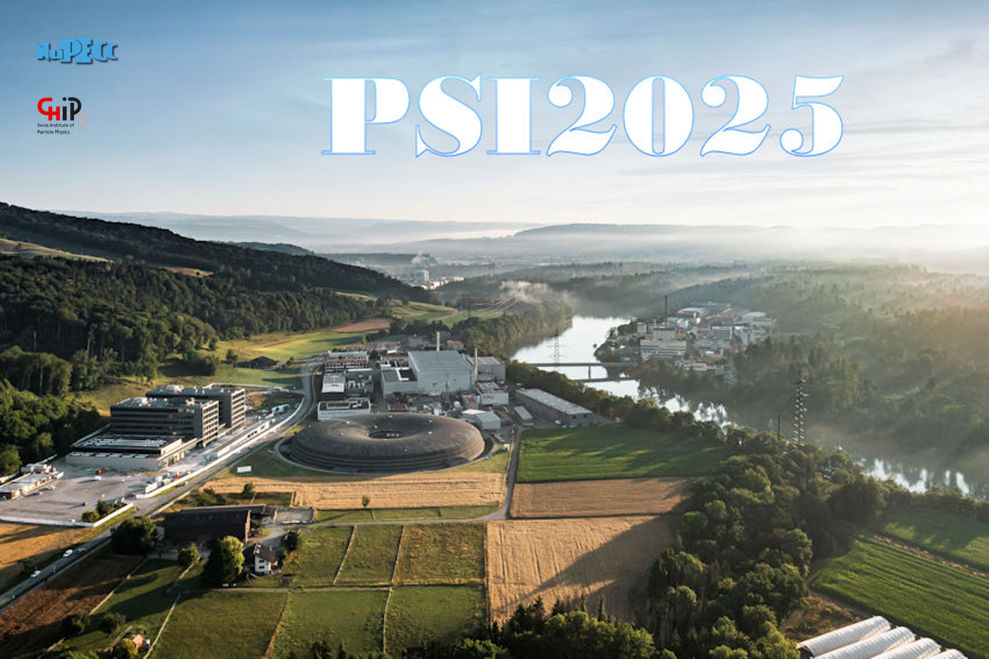Speaker
Description
Muonium is a pure leptonic binary system that consists of a bound state of a positive muon and an electron. Its energy level structure can be calculated with high precision within the framework of bound-state quantum electrodynamics (QED). Muonium serves as an ideal probe of the electroweak interaction to rigorously test the Standard Model and search for additional unknown interactions between leptons.
At the J-PARC Muon Science Facility (MUSE), two muonium precision experiments are currently being conducted. The first experiment involves precise measurements of the muonium ground-state hyperfine structure (HFS) by the MuSEUM collaboration, utilizing a microwave magnetic resonance technique. High-precision measurements of muonium HFS at high magnetic fields are recognized as one of the most sensitive tools for testing bound-state QED theory and simultaneously determining the fundamental constants of the positive muon magnetic moment and mass. MuSEUM aims to improve the precision of previous measurements by a factor of ten. The second experiment involves high-precision laser spectroscopy of the energy splitting between the 1s and 2s levels in muonium, led by a group at Okayama University. By comparing precise measurements with theoretical calculations, the muon-electron mass ratio will be determined at the ppb level, possibly more accurately than with muonium HFS. An overview of the different features of these new muonium precision experiments and the latest results will be presented.
